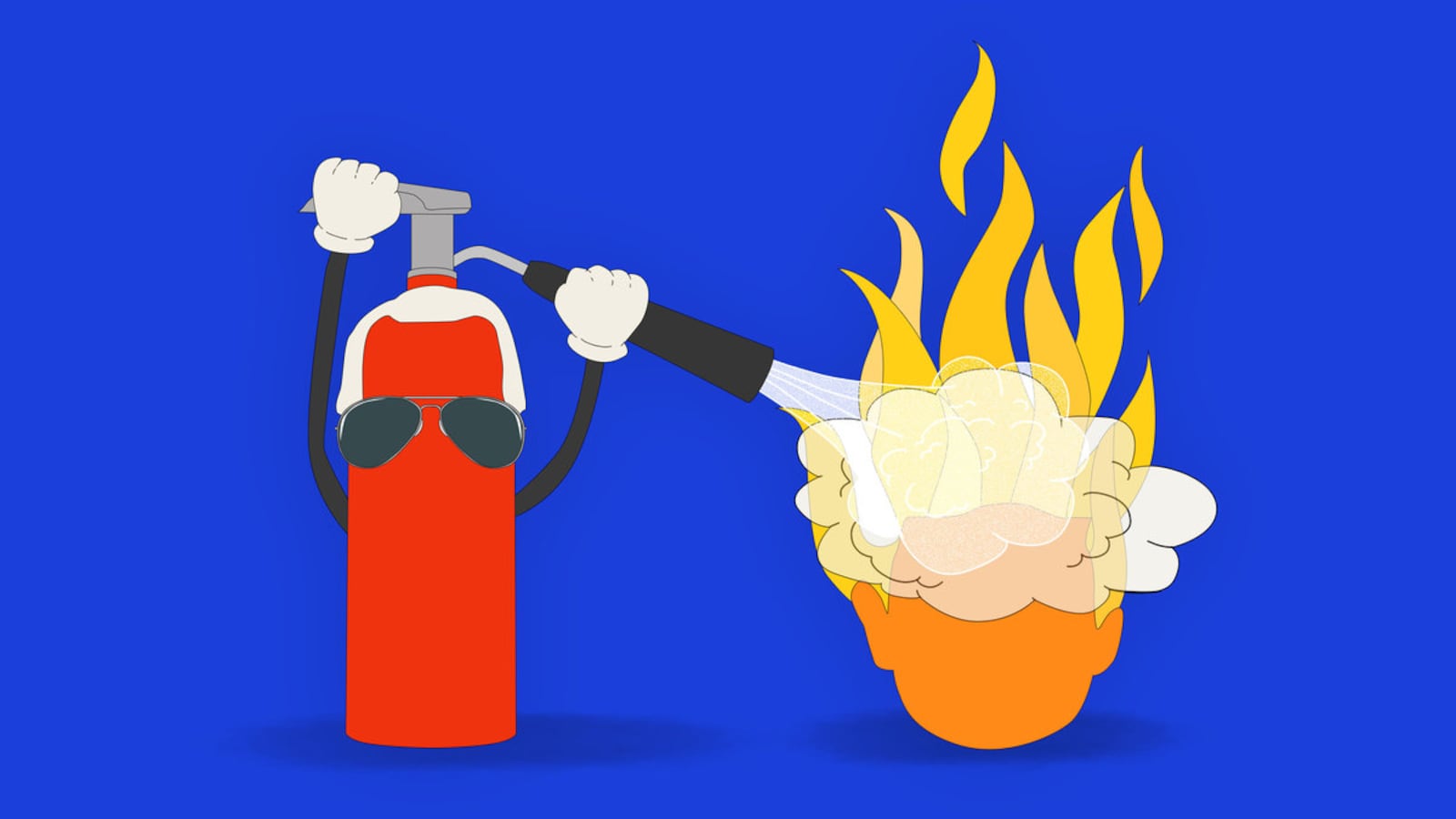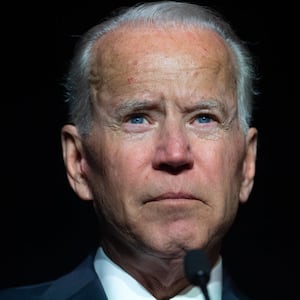What’s at stake in Joe Biden’s presidency? Where do I start? First of all, getting a handle on vaccine distribution and hopefully saving tens of thousands of American lives. Reversing job losses and getting the country moving in the right direction economically again.
Under normal circumstances, that would be enough to ask of one man, but our circumstances are anything but normal, especially after what we witnessed on Jan. 6.
Behind all particular current events and issues lurk the tides of history; they flow this way or that depending on how those events play out, violently or placidly depending on the passions of the moment. And it is here, in where and how forcefully these tides flow, that the true stakes of his presidency repose.
For it is not Joe Biden’s job “merely” to save lives and right the economy. It’s his job to redeem government and the public sphere as positive presences in people’s lives. It’s his job to show America that liberalism has pragmatic and sensible answers to the problems that ail our society, and people capable of delivering on those answers. And of course it’s his job to arrest the rise of fascism in this country. This man has pined for the presidency for the last 35 years. Now that the office is about to be his, he surely must wake up at night wondering why fate commanded that it come to him only with these bleak and weighty responsibilities attached.
But that is what fate has decreed. He takes office not only amid the wreckage left him by Donald Trump and the unprecedented horrors of the insurrection. He also, perhaps paradoxically, takes office at a moment of hope, of a sort, on the broad left.
What could I mean by that? That over the last decade, and these last four years in particular, we have seen something of a liberal-left resurgence. A $15 minimum wage was once thought radical; now, it’s mainstream enough that it’s part of Joe Biden’s opening $1.9 trillion stimulus package (its chances of passage, unfortunately, are another matter). There are other prominent examples of this, such as in the health care realm, where the once-extreme public option is now endorsed by most Democrats. These changes are the result of the impact of figures like Bernie Sanders and AOC, but it’s also the fruit of years of much less celebrated labor by scholars at think tanks and grassroots activists who’ve been pushing on these issues for many long, unrewarded years.
It’s had an impact on our politics, and on Biden. His appointments on domestic policy, especially on economic policy, are almost uniformly progressive. When I look at his choices for the National Economic Council and the Council of Economic Advisers, for example, I see a collection of people far more progressive than Barack Obama’s or Bill Clinton’s team. And Treasury nominee Janet Yellen has been making the rounds in Washington, according to The New York Times, stressing the need for “equitable growth,” which in Washington speak means growth for everyone and growth shaped by a more interventionist federal government.
The choices reflect, I feel certain, Biden’s acknowledgement (and I hope it’s an ungrudging acknowledgement) that the center of gravity in his party has moved left from where it was for most of his career up to now. He has always had a razor-sharp instinct for positioning himself in the middle of the Democratic ideological spectrum. He was never Ted Kennedy; but nor was he ever Sam Nunn. By all appearances he has positioned himself in that midpoint again, but that midpoint is considerably left of where it was 20 years ago, and the interesting thing is that this fact hasn’t seemed to scare Biden or make him cautious.
All this means, I think, that Biden will be trying things that Obama and Clinton were loath to try. And that’s great. But the thing is, of course, that some of them have to work. And while he’s right, if only for strategic reasons, to speak of unity, he should expect no help from Republicans, who have shown repeatedly that they care far more about political power than about the welfare of the people of this country. He’ll have to do what he can through reconciliation and executive order, and eventually, if the Republicans are as obstructionist as I assume they’ll be, he’ll have to look at trying to change or eliminate the filibuster.
But he will need to show the people some victories that recognizably and tangibly change their lives for the better, so that people will see that Democrats, and liberalism, can deliver. Roosevelt did it. Johnson did it (until Vietnam consumed him). Clinton did it on wages and the economy. Obama did it on health care. Biden can too, and must. Competence and results will take a lot of the sting out of ridiculous Republican attacks about extremism and big government.
So that’s the hope. Now, the fear. What we have learned in these recent weeks is that a good 30 percent of this country, maybe more, would support a fascist government. They aren’t going anywhere. Indeed, under a liberal Democratic president, their scheming will grow more frantic, their conspiracies more baroque, their methods more shocking to the small-d democratic conscience.
Trump unleashed this dark heart of our national character and ushered us into an era when we must confront it. Before him, it was marginalized, as when George H.W. Bush urged Louisianans to vote against KKK wizard David Duke, who’d captured the GOP nomination for governor. But now it has been mainstreamed by Trump. His departure from the White House could mean that such forces will again be marginalized. But I doubt it. Those forces of open racism and proto-fascism are in the Republican bloodstream now. It’s going to be awfully hard to pluck them out.
This is deeply tragic for our country, but we should be clear-eyed about it. Symbolically, Jan. 6 marked something big; a descent into a kind of Cold Civil War. If the war gets hot someday rather than cold—and I believe, sadly, that there’s a reasonable chance this will happen—there is no doubt historians of the future will point to Jan. 6 as The Day.
So President Biden will have all this to confront as well. It’s more than any president has faced in some time. On the domestic policy front, he has a bunch of progressives of various stripes hoping and praying that he’ll be a Roosevelt. But it may literally come to pass on his watch that he will be called upon to be a Lincoln too.
So, yes, those are some high stakes. He showed during the campaign a skill for rising to certain challenges. Remember 2019, when all the clever people (including me at times) thought he was old, out of it, yesterday’s relic. But as the pandemic hit, and after George Floyd was murdered, and as the COVID deaths mounted, he kept answering the bell as a candidate. Let us hope he can do it as president.







